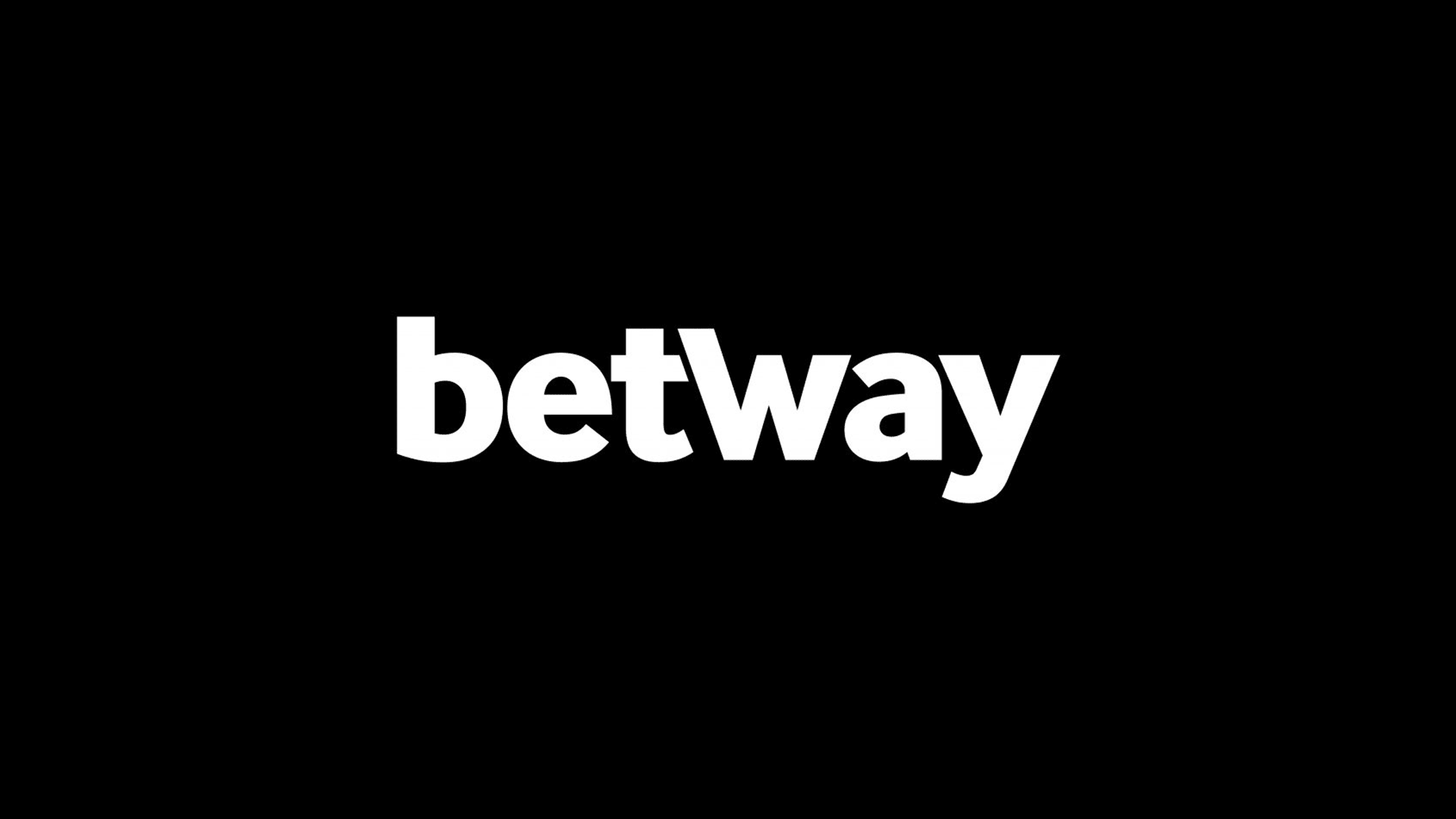Betting on Cards in Football
 Will Jackson
Will Jackson  Craig Jones
Craig Jones
Betting on cards in football doesn’t get as much attention as the more regular betting markets, but it is an area that’s becoming increasingly popular.
One of the big attractions of betting on cards is that, depending on what you are backing, you can have an interest in the match until the last kick of the game. There are many instances where a match has descended into chaos in the latter stages, with the referee brandishing a flurry of yellow and red cards. A losing bet can rapidly transform into a winning bet.
There’s quite a variety of card betting markets to choose from today, many of which you can bet on in-play, as well as pre-match. Let’s take a look at a few of the available markets:
Number of cards in match
This is usually a simple Over/Under market, which for a typical game might be set at around 3.5. If you were to back Over 3.5 cards in the match, you would need there to be at least 4 cards to be shown for your bet to win. Were you to back Under 3.5 cards, then you would want the referee to limit the number of cards he shows to 3 or less.
Player to be booked
One of the more popular card betting markets, where you select a player to be shown a yellow card during the match. Aside from looking for players with poor disciplinary records, it can also pay to see which defenders are up against a striker who draws fouls from opponents, or perhaps an aging full-back facing a speedy winger. You can also bet on a player to be sent off (red card), although this is far more difficult to predict.
1st player to be booked
The same names that lead the market in the “Player to be booked” market will top the betting in this market too, but here you are only looking for the first player to be booked in the match. This makes it a more difficult bet but, to compensate, the odds are more attractive.
Both teams to receive a card
A simple Yes/No market. If you think both teams are likely to pick up a card in the match, then back Yes. If you believe that just one or neither team will pick up a card, then you would back No.
Team cards
This is another Over/Under market, where you have to predict the number of cards a team will pick up during a game. For example, Over/Under 1.5 cards would require your chosen team to collect 2 or more cards if you were to back Over 1.5, or no more than 1 card were you to bet on Under 1.5.
Red card in the match
Red cards are relatively rare in football matches, but some teams led by certain managers or those that rely on a strong physical game to compensate for a lack of creativity can provide a good betting opportunity in this market. Any team that features Sergio Ramos is always worth looking at too.
Time of 1st card
In this market, the bookie will set a time in the match (e.g. 40 minutes). You simply have to decide if you think the first card will be shown before or after this time.
1st card received
This is a 3-way market where you are asked to predict which team will be shown the first card in the match. For example, in a match between Liverpool and Arsenal, the options would be Liverpool, Arsenal or No Card.
Card Handicap
A strong attacking team with creative players (let’s say Manchester City) is generally less likely to pick up cards than a weaker team focused on stopping their more talented opponents at all costs (we will use Sheffield United in this example).
With a Card Handicap bet, the market might see Manchester City given a Handicap of +2, meaning that they effectively start the game with 2 cards. Therefore, if they pick up 1 card in the match and Sheffield United were to pick up 2 cards, Manchester City (2 + 1 = 3 cards) would be the winning bet. Were the Blades to collect 4 cards, then backing them would be the winning bet in this example.
Card Betting Strategies
Card betting in football isn’t dependent on the final score in the match you are betting on, but a team that spends most of the match on defensive duties is generally more likely to pick up cards than one that bosses the game territorially and creates the majority of the chances.
Some managers will use a player to shadow a key opponent throughout the game, which can make the chances of them being cautioned fairly high. However, it can also result in the other player becoming frustrated and retaliating to another niggling foul, abusive comment or off the ball shenanigans.
One obvious appeal of card betting is that the bookies are not known for researching the market to the same degree as they would with the more traditional markets. That means that punters who do their own research can often find decent value with card betting. Here are a few areas to keep an eye on:
- Stats - Check the booking statistics of both teams (there are several sites that offer a variety of statistics related to cards – FBref, SoccerSTATS, WhoScored among others)
- Referee - Match referee statistics (some referees are notorious for dishing out cards, whilst others are far more lenient).
- Match Type - Competitiveness of match (local derby/ rivalry, key relegation/promotion game, etc)
- Team Styles - Become familiar with the playing style of teams.
- Strategic Bookings - Look for players who might actually want to be booked to trigger a ban that would be served before a big game, such as a cup final.
Upcoming Matches For Card Betting Tips
If you're looking at the card betting markets, here are some of the biggest games to follow in the UK this weekend:
- Friday - Stoke v Sheffield United (Championship)
- Saturday - Chelsea v Everton (Premier League), Dundee United v Celtic (Scottish Premiership), Crystal Palace v Aston Villa (FA Cup)
- Sunday - Bournemouth v Manchester United, Liverpool v Tottenham (Premier League), Nottingham Forest v Manchester City (FA Cup)
Latest Betting Offers
Check the latest free bets and betting offers from the best betting sites in the UK at Freebets.com.

Will Jackson
Former sports journalist, formerly of PA Media, who spent years on the road specialising in football and cricket before moving behind a desk. More recently a PR manager before moving into the world of content and marketing with the Gambling.com group.







